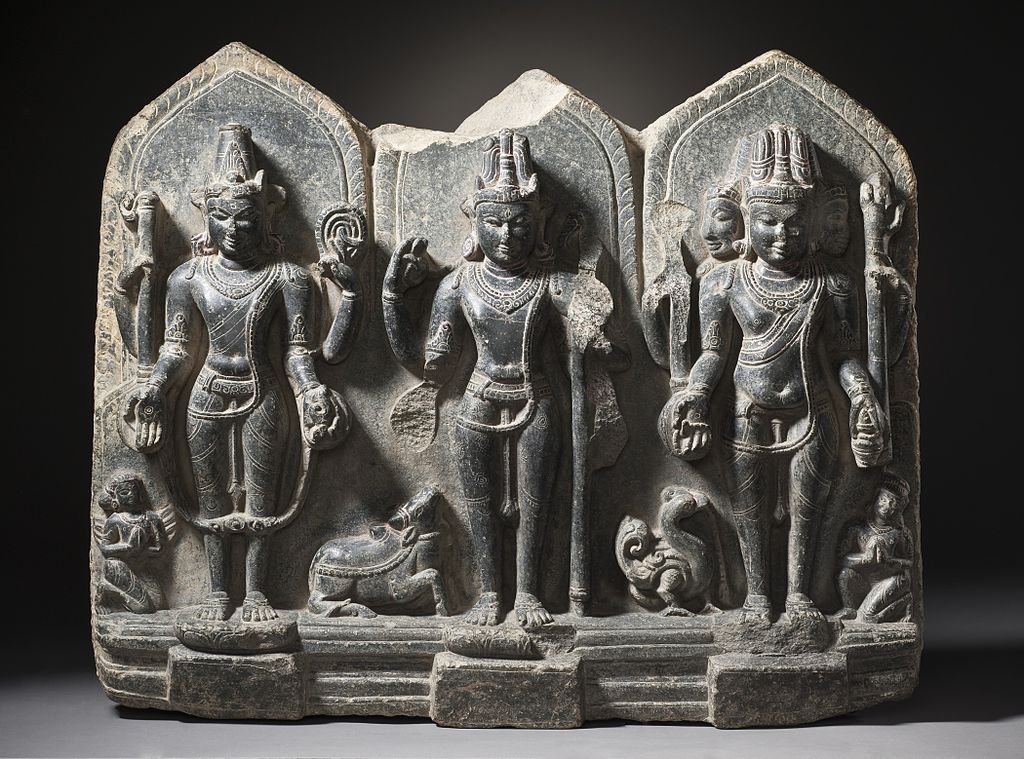| << Chapter < Page | Chapter >> Page > |
One thing all religions do is to generate stories. It is one thing to say "God loves us" in an abstract way. But if we hear a story about a specific person who experienced that love in his or her life, we are touched by it in a more personal and immediate way.
Some of these stories are more important than others. We call these stories myths . Now in common language, when we say of something that "it is just a myth", we mean that it is not true. But this is not what "myth" means in the study of religion.
A myth is a story that tells us about important persons in the history of that religion, and about important events in their lives. Myths tell us how the religion believes the world was created, why there is evil, sickness and death, and how these things can be overcome. They may describe things that really happened, or they may not. Or they may have happened, but not exactly in the way the myth describes them. That is not important. What is important is that the basic story became so important in the minds of the believers that it took on a central place in their lives. It became one of the most important reasons why they belonged to that religion at all.

Specialists have found that there are many different kinds of myth. We will discuss only three.
Creation myths tell us about the creation of the world. In Judaism, for example, there is a well known creation myth that the world was created by God in seven days. You will find it in Genesis 1 in the Bible. A variation of the same myth, which is read less often, is found in Genesis 2.
Most religions have creation myths: in ancient Scandinavia, it was believed that the world emerged from "a grinning gap" when three gods killed a giant and created the world from his body. In Hinduism, creation is the work of the god Brahma, who dreams the world into existence.

Hinduism recognises three aspects of the supreme god Brahman (collectively called the Trimurti ), and these are often pictured and worshipped as separate gods, even though technically speaking they are not. Brahma creates the world. Vishnu keeps the world going, and Shiva is responsible for the destruction of the world. This destruction is not seen as a bad thing: it is only because the old is destroyed that there is room for Brahma to create new worlds!
Creation myths usually start with the creation of the world, but they usually go on to tell how human beings were created soon afterwards. This is still considered to be part of the creation myth.
Not all religions take creation myths seriously. in Buddhism, there are a number such myths, but none of them is considered very important, because in Buddhism it is the present that matters, not the past. Buddhists don't really care who created the world, but they do care how they should react to the world in which they find themselves. So even though Buddhist creation myths exist and one can go and read them, they are not the central point of that tradition.

Notification Switch
Would you like to follow the 'Learning about religion' conversation and receive update notifications?